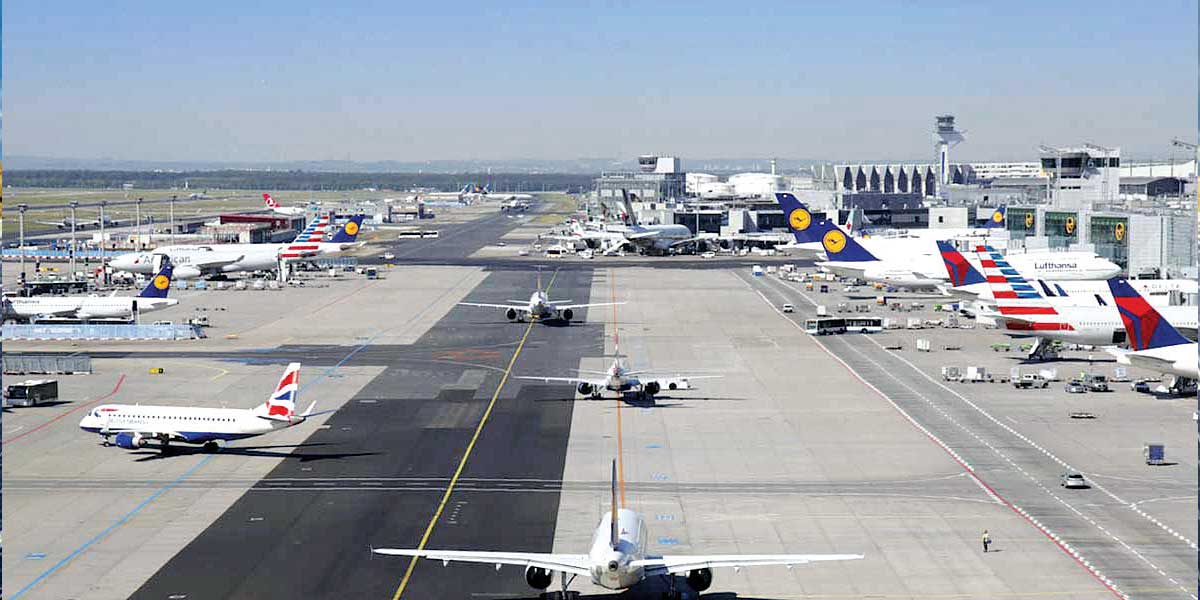
India to transform airports into global hubs with Unified Policy


Certified Wooden Flooring
Span Floors has introduced the Fiemme Tremila range under premium biocompatible engineered wooden flooring. They offer solutions to improve indoor air quality in high-pollution areas. With collections like Fior di Fiemme and Luci di Fiemme, the floors are treated with BioPlus® to release beneficial alpha-pinene, enhancing indoor air quality naturally. Free from harmful chemicals, these certified biocompatible floors offer sustainability and durability. Contact: Span FloorsWebsite: www.spanfloors.com ..

Glossy Tiles
Asian Granito India Limited has launched its latest collection, the Presto, featuring glossy 600x1200mm tiles in 23 designs and 57 SKUs. With an 8.5mm thickness, these tiles are perfect for both wall and floor installations. Inspired by natural marble, the collection offers easy installation and efficient manufacturing. The collection is ideal for residential and commercial projects.Contact: Asian Granito India LimitedWebsite: www.aglasiangranito.com ..

Portable Air compressor
ELGi Equipments has introduced the PG 850S-290 portable air compressor. They are designed for mining and construction featuring an intelligent control system, dual pressure modes, and an energy-efficient screw profile. Its design with turbo pre-cleaners and anti-vibration mounting ensures durability in harsh environments, reducing fuel consumption and operational costs while enhancing performance and reliability.Contact: ELGi EquipmentsWebsite: www.elgi.com/in ..













